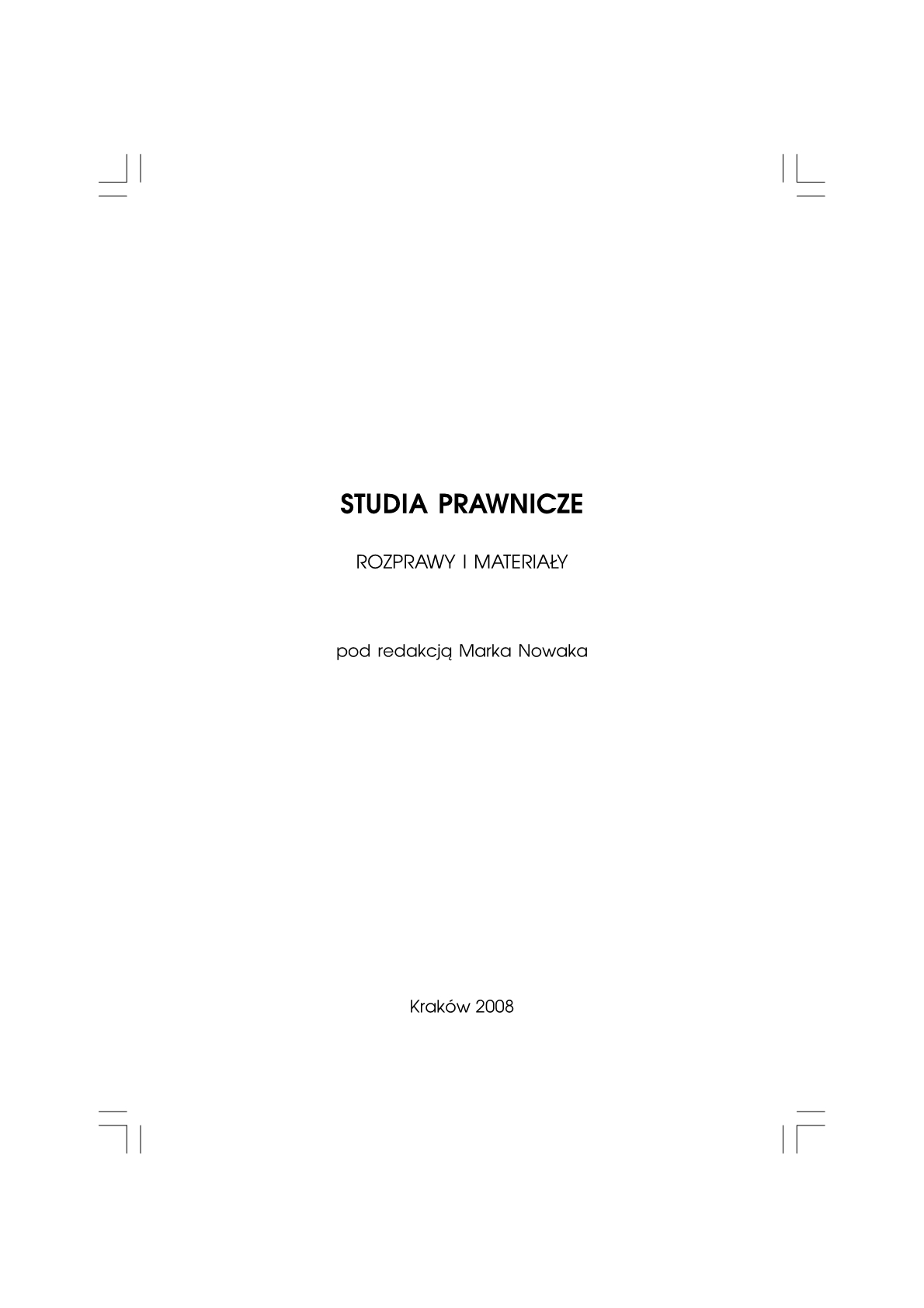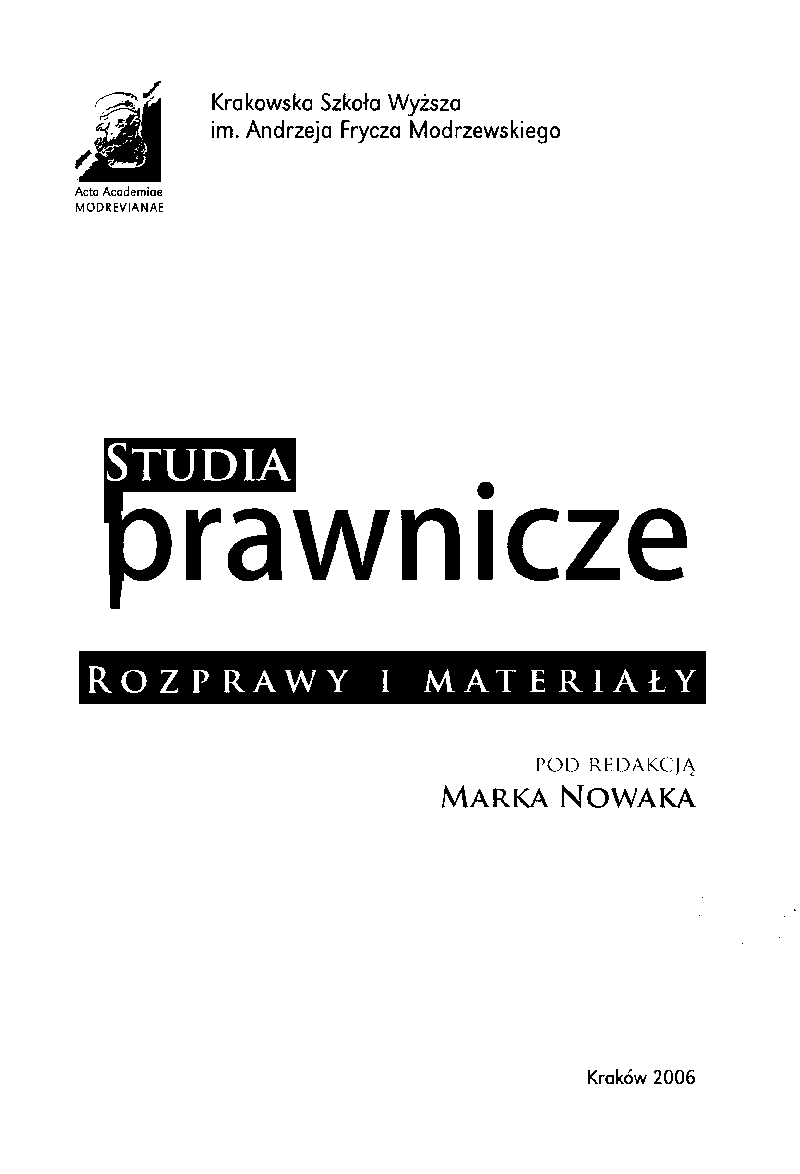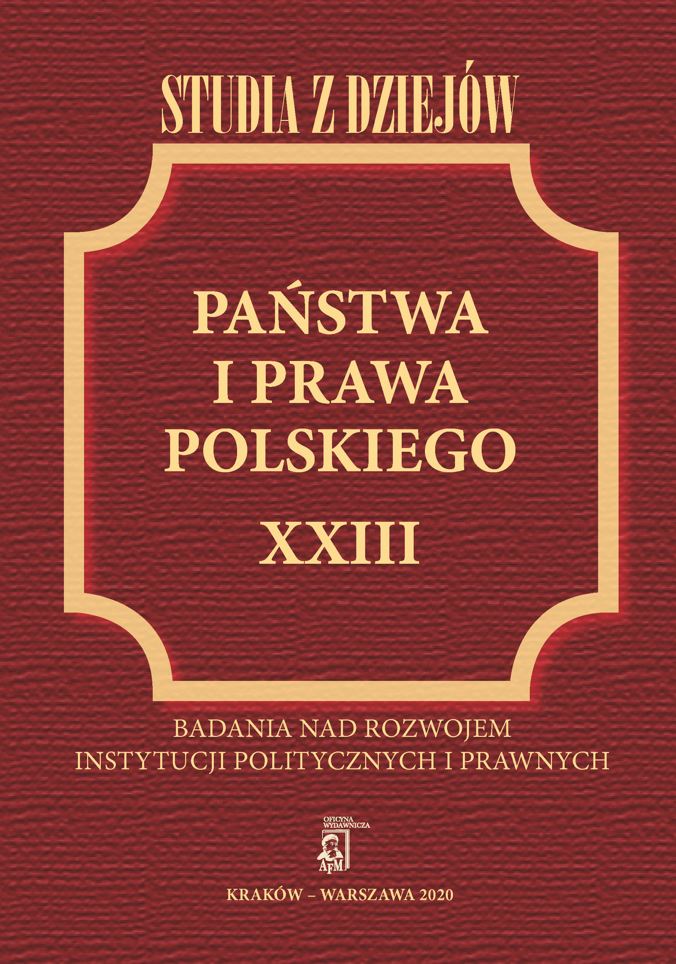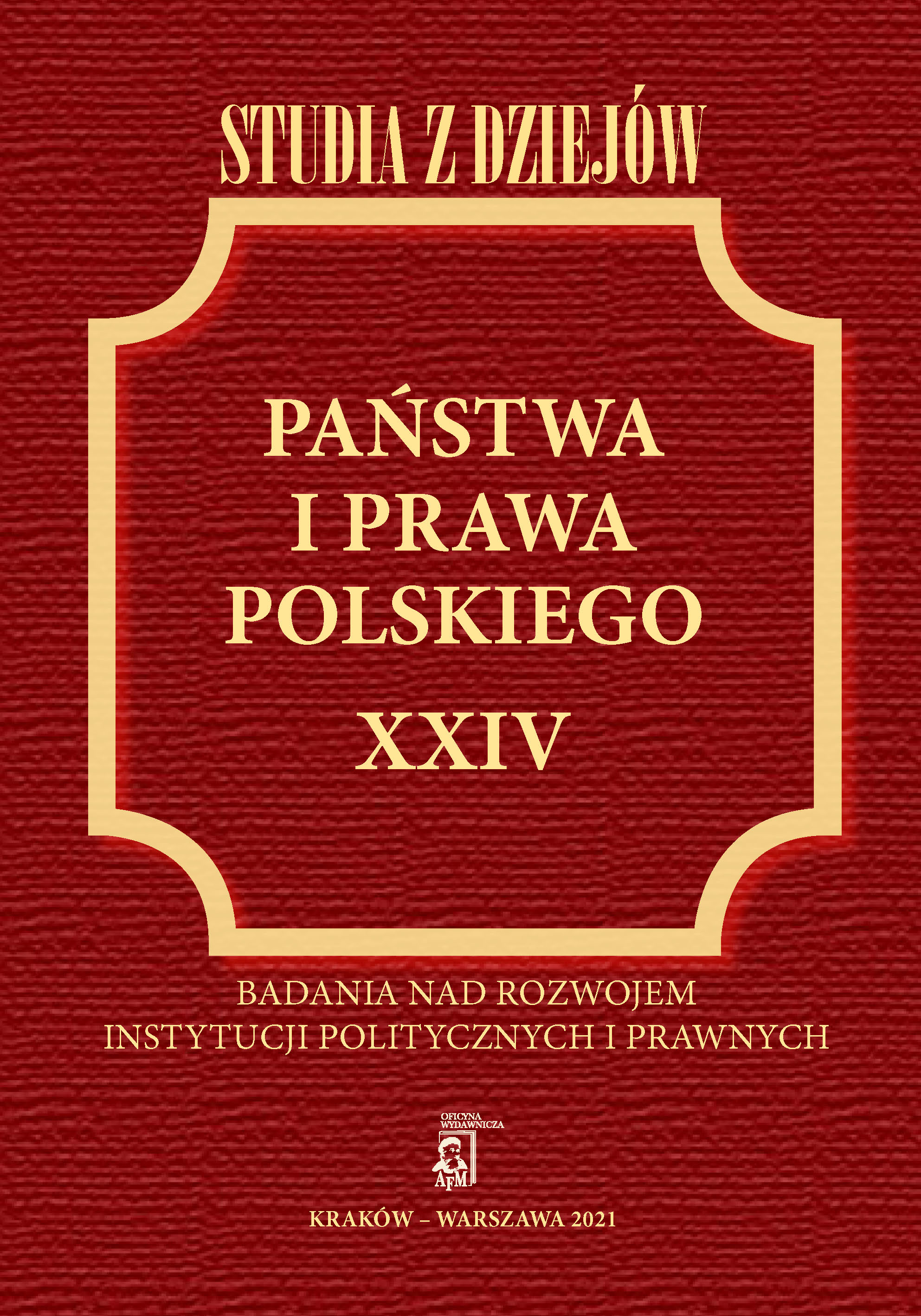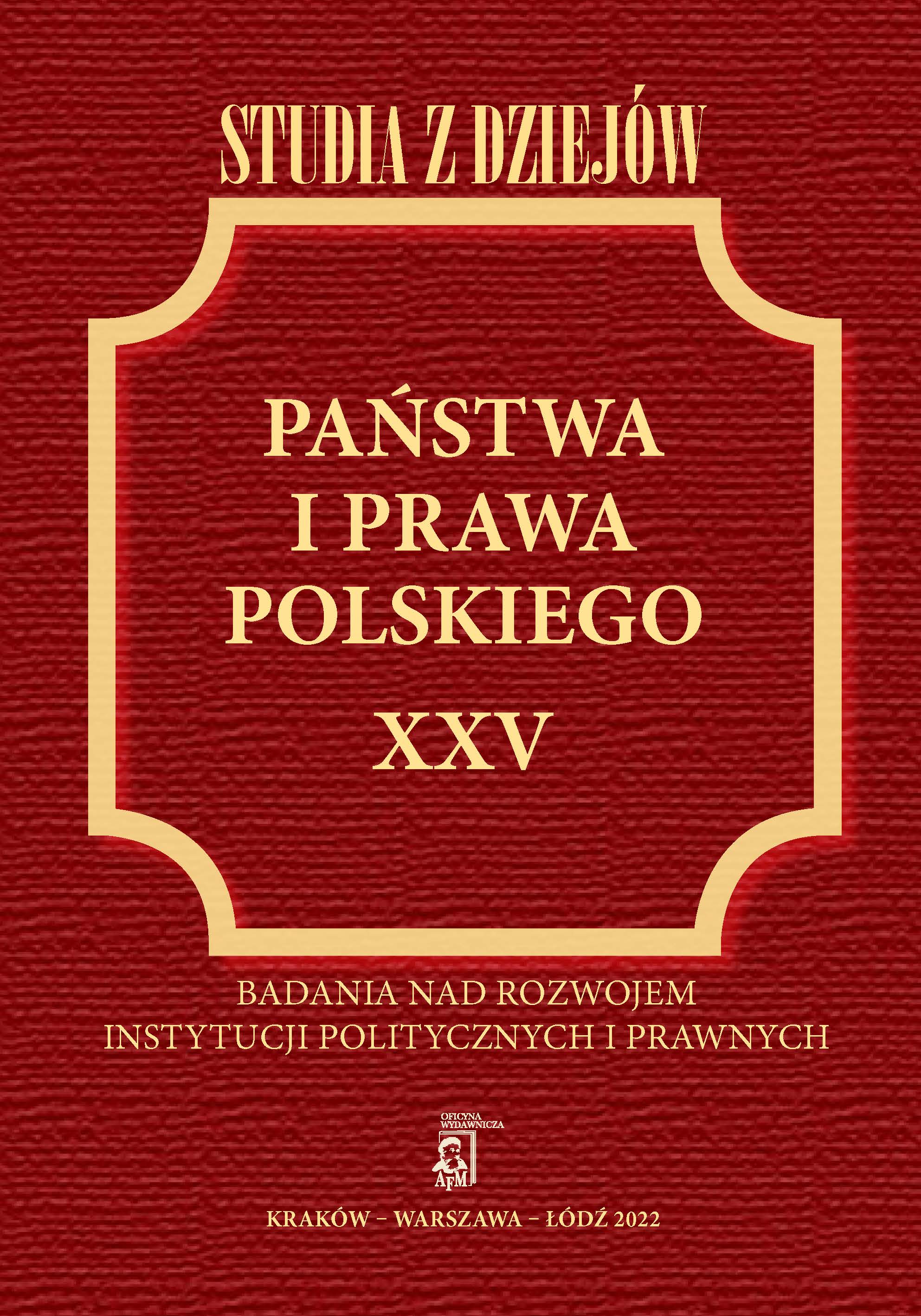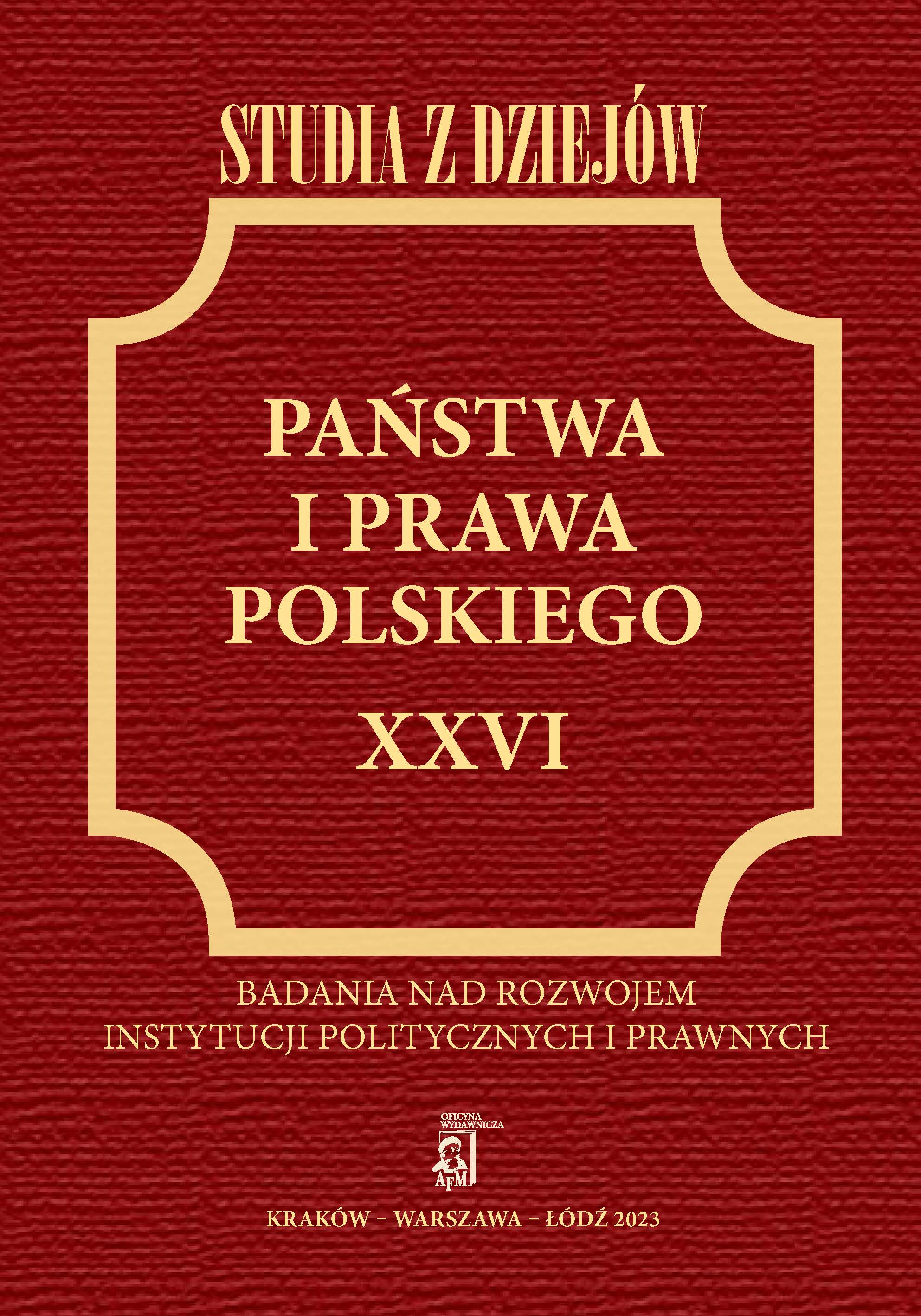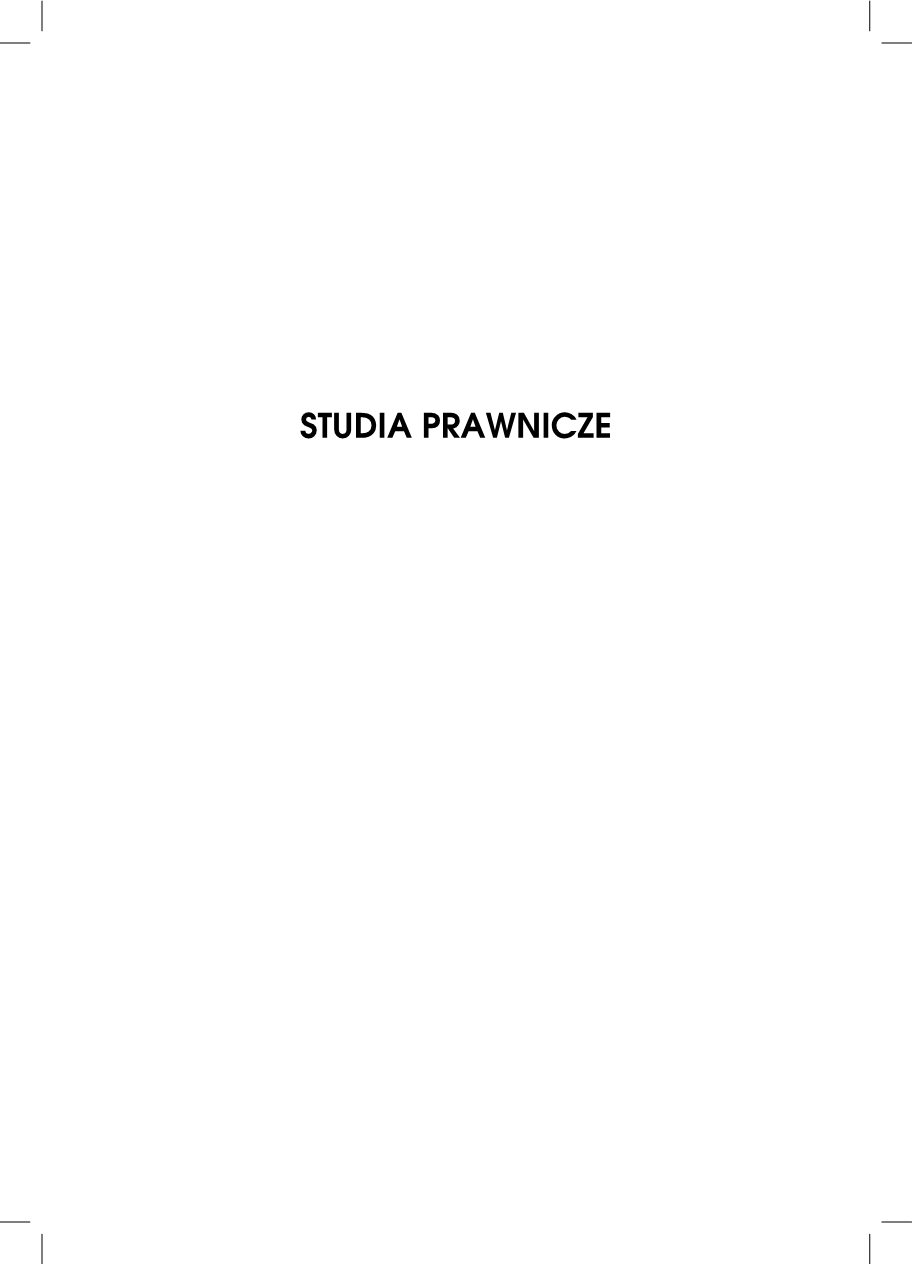
Odpowiedzialność prawnofinansowa na przykładzie odpowiedzialności za naruszenie dyscypliny finansów publicznych
Liability of public bodies is an important question in activities of a democratic state. Similar as in other law disciplines, legal liability takes place also in the domain of legal-financial regulations. It is possible to distinguish broad spectrum of liability, e.g. liability of bodies to other bodies, liability of bodies to organisational units, and liability of both bodies and units to natural persons.Liability problems concern all branches of financial law, but especially budget, tax and banking law. They are related to activity of for example banks or tax offices and the duties of their employees. One important kind of liability is related to banking and fiscal secrets. A particular kind of liability is the responsibility for a violation of public finance discipline, including budgetary discipline. In the range of this liability there exist interesting doctrinal concepts, e.g. liability of organisational units, or persons being the members of bodies or decision making bodies. There also exists a wide range of liability premises, a separate system of punishment and separate procedural principles. Thus all of these issues should be thoroughly studied.
More...
